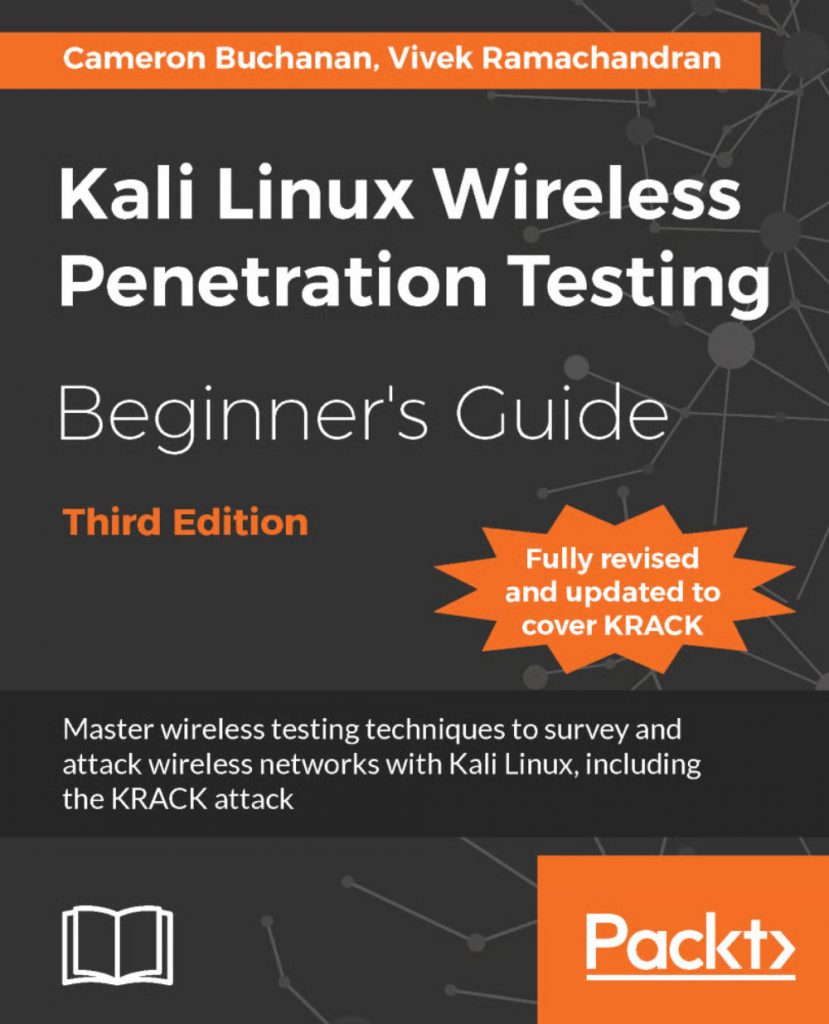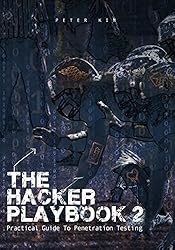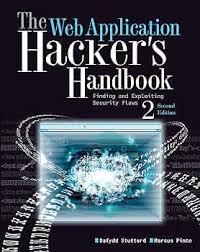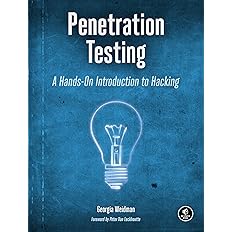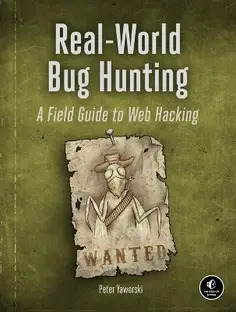
The Best Ethical Hacking Books are often where the journey into cybersecurity begins. In a world where threats keep getting more complex, books give structure and depth that quick online tutorials often miss. They offer not just theory, but stories, exercises, and methods that help learners connect the dots. Whether you’re just starting or looking to sharpen your skills for professional certifications like CEH, the right book can set the foundation. In this blog, we’ve compiled some of the most valuable ethical hacking books to read in 2025, resources that can both spark curiosity and enhance real-world expertise.
Best Hacking Books for Beginners to Advanced
1. Hacking: The Art of Exploitation by Jon Erickson
|
Name of the Book |
Hacking: The Art of Exploitation |
|
Name of the Author |
Jon Erickson |
|
Year of Publication |
2008 (2nd Edition) |
|
Country |
United States |
|
Rating of the Book |
4.5/5 |
|
Available Languages |
English |
|
Book Available on Which Platform |
Hacking: The Art of Exploitation discusses all the fundamental concepts of C programming that a hacker can manipulate to his advantage. This book is perfectly suited for beginner-level hackers because it is easy to understand. There are a lot of concepts discussed in the book, which include, but are not limited to:
- Overflowing buffers
- How hijacking network communications work
- How to bypass protections
- How to exploit cybersecurity measures
- A total picture of programming
- An understanding of network communications
2. Kali Linux Wireless Penetration Testing: Beginner’s Guide by Vivek Ramachandran
|
Name of the Book |
Penetration Testing: A Hands-On Introduction to Hacking |
|
Name of the Author |
Georgia Weidman |
|
Year of Publish |
2014 |
|
Country |
United States |
|
Rating of the Book |
4.4/5 |
|
Available Languages |
English |
|
Book Available on Which Platform |
Best for: Beginners and intermediate learners who want to specialize in Wi-Fi security and gain hands-on penetration testing skills.
Wireless networks continue to be one of the most targeted areas for attackers, making Wi-Fi security a must-know skill for ethical hackers. In this book, Vivek Ramachandran offers a step-by-step approach to understanding wireless protocols, setting up attacks, and securing WLAN environments using Kali Linux. It’s practical, hands-on, and tailored for learners who want to see immediate application of concepts.
What you’ll learn:
- Setting up wireless labs with Kali Linux
- Cracking Wi-Fi authentication and encryption methods
- Discovering and exploiting common flaws in wireless networks
- Performing end-to-end WLAN penetration testing
3. The Hackers Playbook 2 by Peter Kim
|
Name of the Book |
The Hacker’s Playbook 2: Practical Guide to Penetration Testing |
|
Name of the Author |
Peter Kim |
|
Year of Publish |
2015 |
|
Country |
United States |
|
Rating of the Book |
4.6/5 |
|
Available Languages |
English |
|
Book Available on Which Platform |
This is another book that comes highly recommended for beginners who want to learn about ethical hacking and penetration testing. Readers gain knowledge about the ways in which they can set up a lab and also the many tools used by professionals to perform ethical hacking. It is a guide for all ethical hackers. It focuses on the Kali Linux methodology. Readers and prospective penetration testers learn about many aspects of the subject such as:
- How to scan for vulnerabilities
- How to learn passwords
- Exploiting the network system
- Passive Discovery (OSINT)
- What active directory is
- How the web application security systems work
- How to crack passwords
- Social engineering in ethical hacking
- Ways in which hackers maneuver through networks
4. The Web Application Hacker’s Handbook: Finding and Exploiting Security Flaws by Dafydd Stuttard
|
Name of the Book |
The Web Application Hacker’s Handbook |
|
Name of the Author |
Dafydd Stuttard, Marcus Pinto |
|
Year of Publication |
2011 (2nd Edition) |
|
Country |
United Kingdom |
|
Rating of the Book |
4.7/5 |
|
Available Languages |
English |
|
Book Available on Which Platform |
The Web Application Hacker’s Handbook gives readers and future ethical hackers knowledge about the upcoming technologies that are used in different web applications. It also discusses different techniques used by advanced hackers from a client’s perspective. It covers many other aspects of the hacking industry such as:
- How HTML 5 works,
- Different techniques for integration across domains
- Remote frameworks
- What frame busting is
- Information about UI redress
- What hybrid file attacks are
- How hackers discover security flaws
- Ways in which hackers can exploit the flaws in a web application’s security
- How ethical hackers can prevent these security flaws from getting exploited
5. Penetration Testing: A Hands-On Introduction to Hacking by Georgia Weidman
|
Name of the Book |
Penetration Testing: A Hands-On Introduction to Hacking |
|
Name of the Author |
Georgia Weidman |
|
Year of Publish |
2014 |
|
Country |
United States |
|
Rating of the Book |
4.4/5 |
|
Available Languages |
English |
|
Book Available on Which Platform |
This book is often recommended as the starting point for aspiring ethical hackers. Georgia Weidman blends theory with practical exercises, walking readers through real attack scenarios using modern tools. The book helps you not only understand concepts but also practice them through labs you can set up yourself.
What you’ll learn?
- Fundamentals of penetration testing and exploit development
- Setting up your own lab with Kali Linux and VirtualBox
- Core skills like scanning, exploitation, password attacks, and web app testing
- How to chain different attacks into a full penetration test
Best for: Beginners who want a balance of theory and practice, with hands-on labs to build confidence for real-world hacking and certification prep.
6. Real-World Bug Hunting by Peter Yaworski
|
Name of the Book |
Real-World Bug Hunting |
|
Name of the Author |
Peter Yaworski |
|
Year of Publish |
2019 |
|
Country |
Canada |
|
Rating of the Book |
4.5/5 |
|
Available Languages |
English |
|
Book Available on Which Platform |
This book is a slightly more advanced level when it comes to learning about ethical hacking, but beginners can use it to expand their knowledge base as well. This newly released book gives any layman more knowledge into the world of ethical hacking and hacking in general. It discusses what bug hunting and web application security is at great length and talks about the most popular vulnerabilities in web applications, such as:
- What HTTP parameter pollution is
- What Open Redirect is
- What is HTML injection
- How hackers accomplish cross-site request forgery
- What is SQL injection
- IDORs
- XEEs
- RCEs
- SSRFs
- What cross-site scripting is
These vulnerabilities are discussed in-depth using real reports, including how and where organizations found the bug and how much the Hackerone Bug Bounty Program got paid to fix them.
There is also a part of the book that discusses how to do comprehensive recon on application testing and ways in which organizations or ethical hackers can automate their web application testing, and how to write accurate reports.
✅ Quick Ethical Hacking Book Checklist (2025)
|
Conclusion
Reading the best ethical hacking books is one of the smartest ways to start building a foundation in cybersecurity. From Erickson’s fundamentals to Kim’s practical playbook and Yaworski’s bug bounty cases, each title offers unique value.
But books alone are not enough. The real edge comes when you combine structured reading with hands-on labs, guided mentorship, and certification-focused training. This blend not only helps you understand concepts but also equips you to apply them in real-world scenarios.
If your goal is to take professional courses available in IT security and governance to step into a cybersecurity role, the next step after books is clear: practice, test, and validate your skills through structured learning.



